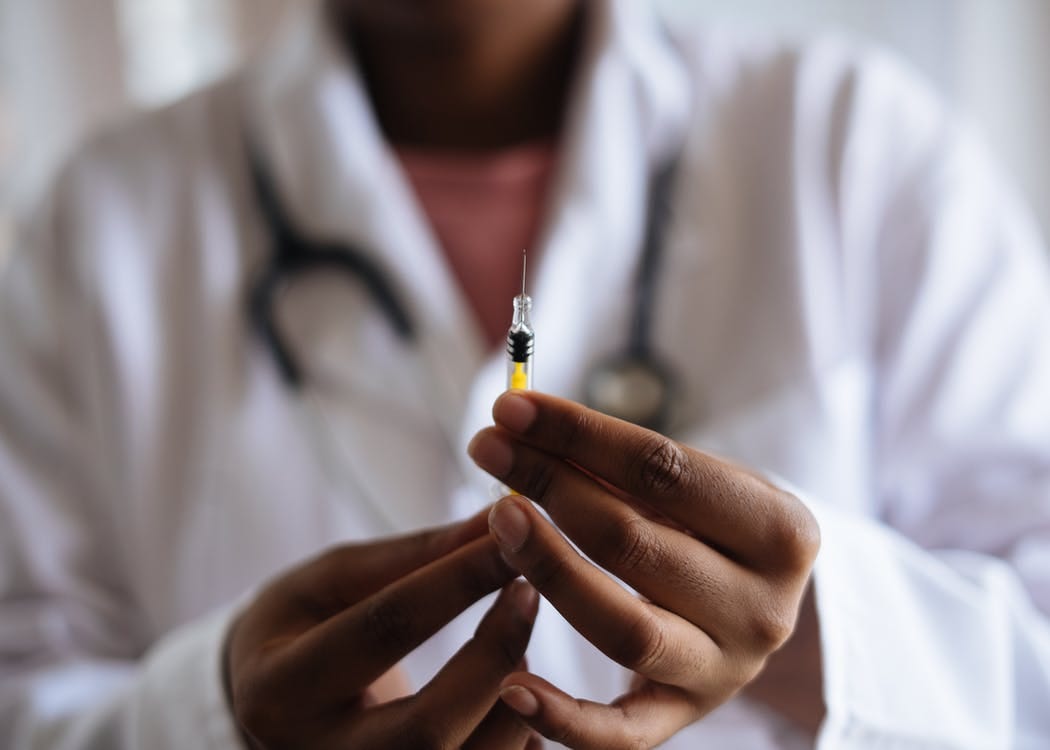Formulations containing iron-oxide protect skin of colour from effects of visible light
In an interview with Skin Spectrum Weekly, Dr. Pearl Grimes talks about the effects of these formulations on visible light-induced pigmentation.
Iron-oxide-containing formulations have been shown to provide effective protection against pigmentation caused by visible light in Fitzpatrick skin type IV, according to a study. Dr. Pearl Grimes, a dermatologist based in Los Angeles, and an author of the study, evaluated the impact of iron-oxide containing formulations against visible-light-induced skin pigmentation compared to SPF 50 sunscreen and a control. The researchers noted that visible light (400-700nm), contributes to 45% of solar radiation.

The study, which was published in the Journal of Drugs in Dermatology (Jul 1, 2020; 19(7):712-717) found that iron-oxide containing formulations effectively protected against pigmentation caused by visible light as compared to SPF 50 sunscreen and a control. Formulations containing 4.8% iron oxide and 27.25% iron oxide were tested against an SPF that contained titanium and zinc, but no iron oxide.
In an interview with Skin Spectrum Weekly, Dr. Grimes explained that for darker skin types, 15 to 20 minutes of sunlight is enough to trigger hyperpigmentation from visible light. The authors of the study said that the mechanism bywhich metal-oxides work to reduce the effects of visible light is through their ability to absorb, scatter and reflect it.
“The value of this study is we know that these formulations effectively block out visible light if you use them as camouflage and they also blocked out ultraviolet light as well,” said Dr. Grimes.
“If you look at the spectral absorbance which we have already done, in addition to the clinical findings, the iron oxide formulations have the ability to not only block out visible light, they also blocked out ultraviolet light,” she said.
Dr. Grimes said that her team plans to move forward in generating additional clinical data.
“We want to be able to situate these kinds of formulations and perhaps new formulations in our therapeutic armamentarium [to be able] to manage patients who have pigmentation issues,” she said.
The takeaway: Dr. Grimes said that this proof of concept data now allows her team to advance their research to the randomized clinical trials phase in order to explore the efficacy and how these formulations can be better used in a clinical scenario.
FROM THE LITERATURE ON SUN PROTECTION FOR SKIN OF COLOUR
The role of sunscreen in melasma and postinflammatory hyperpigmentation
Patients with skin of colour are less likely to use sun protection, so conditions such as melasma and postinflammatory hyperpigmentation may be exacerbated in these populations, according to a recent study. In a literary review, researchers recommended broad-spectrum protection including UVA, UVB, and visible light for patients with skin of colour to prevent these conditions.
Non-use of sunscreen among adults and the elderly in southern Brazil
A recent study found that elderly adults in Brazil tend to not use sunscreen. Researchers recommended prevention strategies and public health policies that promote accessibility of sun protection.
Visible light in photodermatology
A recent review of research literature looked at the cutaneous effects of visible light, including the aggravation of hyperpigmentation and melasma in dark-skinned patients.
VIDEO: Most know UV protection is important, but still fail to protect themselves
Submit a question to a Skin Spectrum Summit presenter

The final session of Skin Spectrum Summit 2020 will be held on Tuesday, October 6 at 7:30 pm. Please register here.
On Day 3 of Skin Spectrum Summit, Dr. Renée A. Beach will present on the subject of Topical aesthetic products for all skin spectrums. If there are any questions you’d like to ask Dr. Beach, please submit them here:
AT THE INTERSECTION OF SKIN & SOCIETY
A group of Black doctors have assembled in order to vet the federal review of vaccines, according to a recent article published in the Washington Post. This comes as a response to mistrust of vaccines by Black patients, according to members of the panel interviewed in the article. Though the Food and Drug Administration has reassured that the vaccine for the coronavirus will be safe, the panel of doctors said that the vaccine review process has been too political and that this has “turned off” many members of minority communities, according to the report. “We want to be that nonpartisan, independent voice, speaking to the African American community and our physicians of the National Medical Association,” said Dr. Leon McDougle, president of the United States’ largest group of Black doctors, the National Medical Association. Read the full article here.

THIS WEEK
Monday, October 5 - Wednesday, October 7, Society of Genitourinary Reconstructive Surgeons (GURS) Academic Congress
Tuesday, Oct 6 Skin Spectrum Summit
Something to think about during the week ahead…

NEXT WEEK
A presentation by Dr. Renée A. Beach on the treatment of keloids in patients with skin of colour. Subscribe to Skin Spectrum Weekly and have each issue sent directly to your phone or inbox.

Don’t forget to register for the Skin Spectrum Summit 2020 Webinar Series, October 6, 2020. Sign up here.

